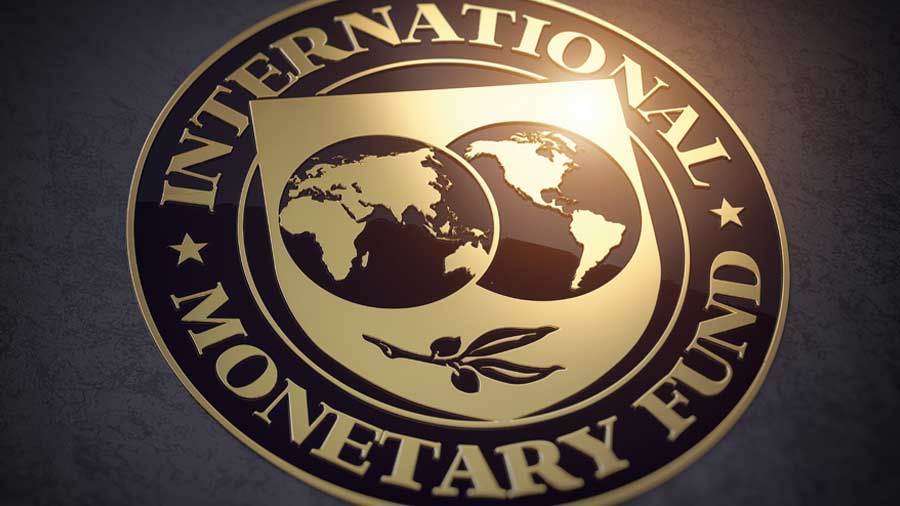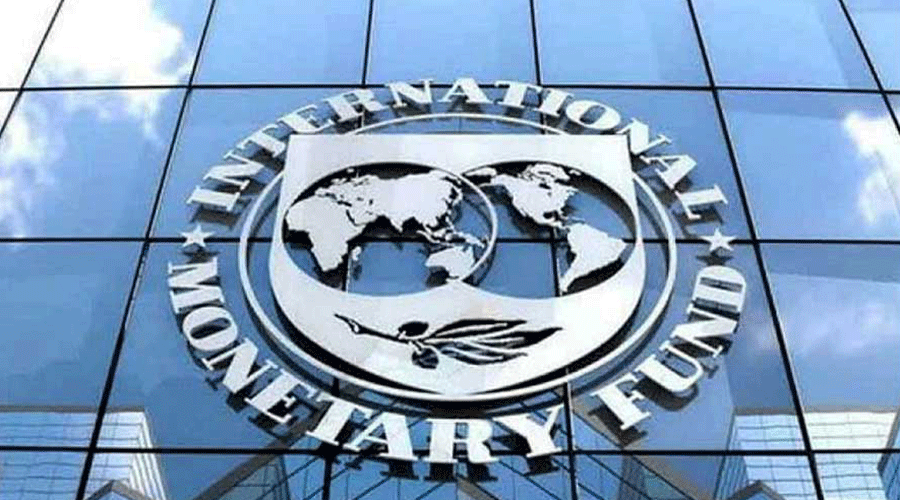The Pakistan government has received a memorandum on the terms and conditions from the IMF for the completion of a USD 7 billion loan programme, Finance Minister Ishaq Dar said on Friday but acknowledged that both sides are yet to clinch a staff-level agreement on the much-needed bailout for the cash-strapped country. Dar made the statement after an IMF delegation, which left Pakistan on Thursday night after 10 days of talks with the government, said virtual discussions would continue on the ninth review of the programme.
The Memorandum of Economic and Financial Policies (MEFP) is a key document that describes all the conditions, steps, and policy measures on the basis of which the two sides declare the staff-level agreement.
Once the draft MEFP has been shared, the two sides discuss the policy measures outlined in the document. Once these are finalised, a staff-level agreement is signed, which is then forwarded to the International Monetary Fund’s (IMF) executive board for approval.
An IMF mission led by Nathan Porter visited Islamabad from January 31 to February 9 to hold discussions under the ninth review of the authorities’ programme supported by the IMF Extended Fund Facility (EFF) arrangement.
Pakistan, whose foreign exchange has dropped below USD 3 billion, is in desperate need of financial assistance and a bailout package from the IMF to prevent it from economic collapse.
The successful completion of the ninth review will bring the cash-strapped country USD 1.2 billion in the form of the next tranche.
As the visiting delegation left without a concluding statement, there was some confusion about the outcome of the talks and whether a draft MEFP had been shared.
Dar, however, insisted in Friday's press conference that there was no confusion.
“We insisted that they (the Fund delegation) give us the MEFP before leaving so we could look at it over the weekend,” he said, adding that the government and the IMF officials would hold a virtual meeting in this regard on Monday.
“I am confirming that the MEFP draft has been received by us at 9 am today (Friday),” he added.
“We will completely go through the [MEFP] over the weekend and will hold a virtual meeting with [Fund officials]. It will obviously take a few days.” The finance minister acknowledged that reforms in certain sectors required by the IMF were in Pakistan’s interest, criticising the previous Pakistan Tehreek-e-Insaf-led government for “economic destruction and misgovernance”.
“It is necessary to fix those things,” he said. “These reforms are painful but necessary.” Dar, vowing to keep making efforts to ensure Pakistan completed the IMF programme, said: “It is a standard process which can neither be shortened and hopefully they won’t extend it unnecessarily.” The finance minister shared that the country would receive a USD 1.2 billion disbursement in the form of Special Drawing Rights after the review’s completion.
SDRs are international reserve assets created by the IMF in 1969 and are allocated to member states to supplement existing official reserves.
Outlining the policy measures agreed upon between the government and the IMF, Dar said taxes amounting to Rs 170 billion would be imposed.
He added, however, that the government would try to ensure that the taxes did not directly burden the common man.
To impose the taxes, the government would introduce a finance bill or ordinance, depending on the situation at the time, he said.
“Secondly, we will implement the agreed-upon energy reforms through the federal cabinet,” he said, adding that the primary focus would be on minimising untargeted subsidies and reducing the “flow” in the gas sector to zero so there was no addition to the circular debt.
Talking about electricity prices, Dar said the country’s generation cost was around Rs 2-3 trillion while only Rs 1.8 trillion was recovered, which resulted in an increase in either the circular debt or fiscal deficit.
However, the entire difference in amount would not be recovered by increasing the tariff, he said.
Talking about the precarious foreign exchange reserves situation, the minister said commitments with friendly countries would be fulfilled and inflows would be received.
“There is nothing to worry about. This country has also survived on USD 414 million in foreign reserves.
“The State Bank is managing,” he assured.
“The negotiations were hard but we agreed only to what was doable,” he said.
The IMF in its concluding statement said: “The IMF team welcomes the prime minister’s commitment to implement policies needed to safeguard macroeconomic stability and thanks the authorities for the constructive discussions.” The statement underlined key priorities, including strengthening the fiscal position with permanent revenue measures and reduction in untargeted subsidies, while scaling up social protection to help the most vulnerable and those affected by the floods; allowing the exchange rate to be market determined to gradually eliminate the foreign exchange shortage; and enhancing energy provision by preventing further accumulation of circular debt and ensuring the viability of the energy sector.
Pakistan’s foreign exchange reserves fell to USD 2.916 billion during the week ending on February 3. Experts believe that the country’s reserves are enough for only 16 or 17 days of imports.
Pakistan inked a USD 6 billion IMF programme in 2019, which last year expanded to USD 7 billion.
Earlier, talks on the review were originally scheduled to be held in October but were delayed after Dar refused to implement some of the conditions of the fund after taking the finance ministry from Miftah Ismail.
The availability of IMF money will avoid the default but it is feared to bring a tsunami of price hikes.
Except for the headline, this story has not been edited by The Telegraph Online staff and has been published from a syndicated feed.











